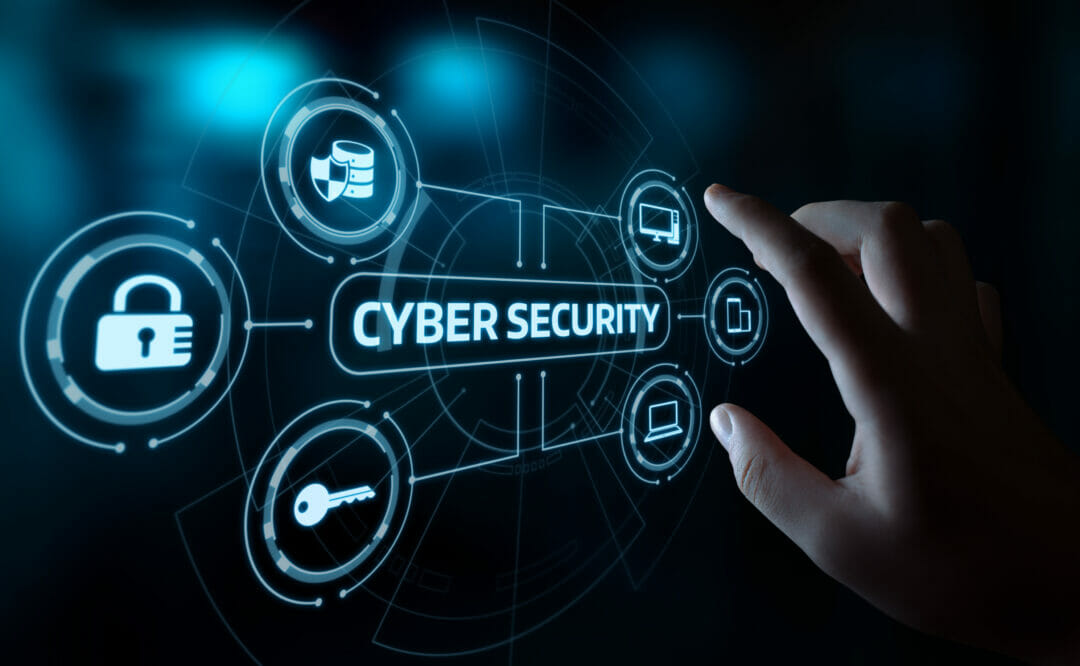Cyber Security
Cyber Security is the practice of protecting computer systems, networks, and other digital infrastructure from cyber-attacks, theft and damage. With the rise of the internet and digital technologies, cyber security has become an essential aspect of our daily lives. From online banking and social media to medical information and government secrets, personal and sensitive information is stored, processed and transmitted through digital channels every day. Hence, cyber security measures are necessary to safeguard our information, privacy, and security.

- Use strong passwords: Use strong, unique passwords for all of your digital accounts, and avoid using the same password for multiple accounts. Consider using a password manager to generate and store complex passwords.
- Keep your software up-to-date: Ensure that your software is always updated with the latest security patches and upgrades. Cybercriminals often exploit vulnerabilities in outdated software.
- Be skeptical of emails and messages: Be cautious of emails or messages asking for personal information or urging you to click on a link or download an attachment. Double-check the sender's email address or identity before taking action.
- Back up your data: Regularly backup your data and store it in a secure location. This will help you recover important data if you fall victim to a cyber-attack.
- Use anti-virus software: Install reputable anti-virus software and regularly scan your computer for malware and viruses.
- Educate yourself: Stay informed about the latest cyber threats and best practices for staying safe online. Attend Cyber Security events and training sessions and read Cyber Security news and articles.
- Use a VPN: A Virtual Private Network (VPN) is an encrypted connection that ensures your online activity is private and secure. By encrypting your data, a VPN makes it much harder for cybercriminals to intercept and steal your personal information.
- Be cautious on public Wi-Fi: Public Wi-Fi networks, like those found in coffee shops and airports, are often unsecured and can be hacked more easily. Avoid accessing personal accounts and sensitive information over public Wi-Fi networks.
- Enable two-factor authentication: Two-factor authentication adds an extra layer of security to your accounts by requiring a second form of verification, like a code sent via text message.
- Secure your home network: Ensure that your home Wi-Fi network is secure by using a strong password and updating your router firmware regularly.
- What is Cyber Security ?
- Cyber-Security Awareness
- Importance of Cyber Security for Students
- Conclusion
- Tips for Staying Safe Online
Cyber Security is an essential aspect of modern life, and everyone needs to take it seriously. By being aware of potential threats and taking necessary precautions, we can keep ourselves and our data safe. Remember, Cyber Security is not a one-time event or a singular action- it is a continuous and ongoing process that requires consistent efforts and attention. Let's make Cyber Security a priority and protect ourselves and our digital assets from cyber-attacks.
In conclusion, Cyber Security is an essential aspect of modern life, and everyone needs to take it seriously, especially students. It's crucial to be aware of potential threats and take necessary precautions such as using strong passwords, keeping software up-to-date, being skeptical of emails and messages, backing up data, and educating oneself. By prioritizing Cyber Security and following these tips, we can keep ourselves and our digital assets safe from cyber-attacks. Let's make Cyber Security a priority and help create a safer and more secure digital world.

